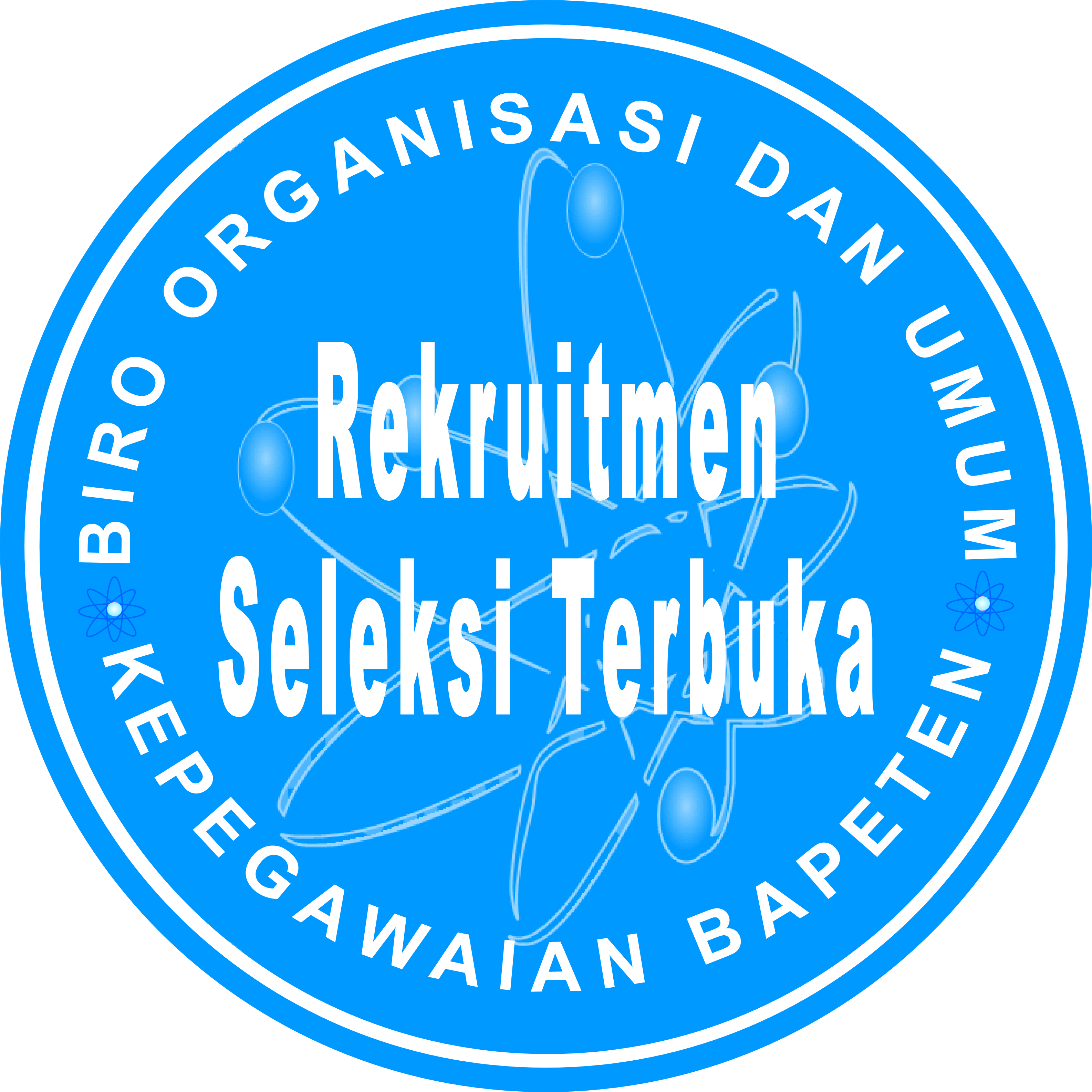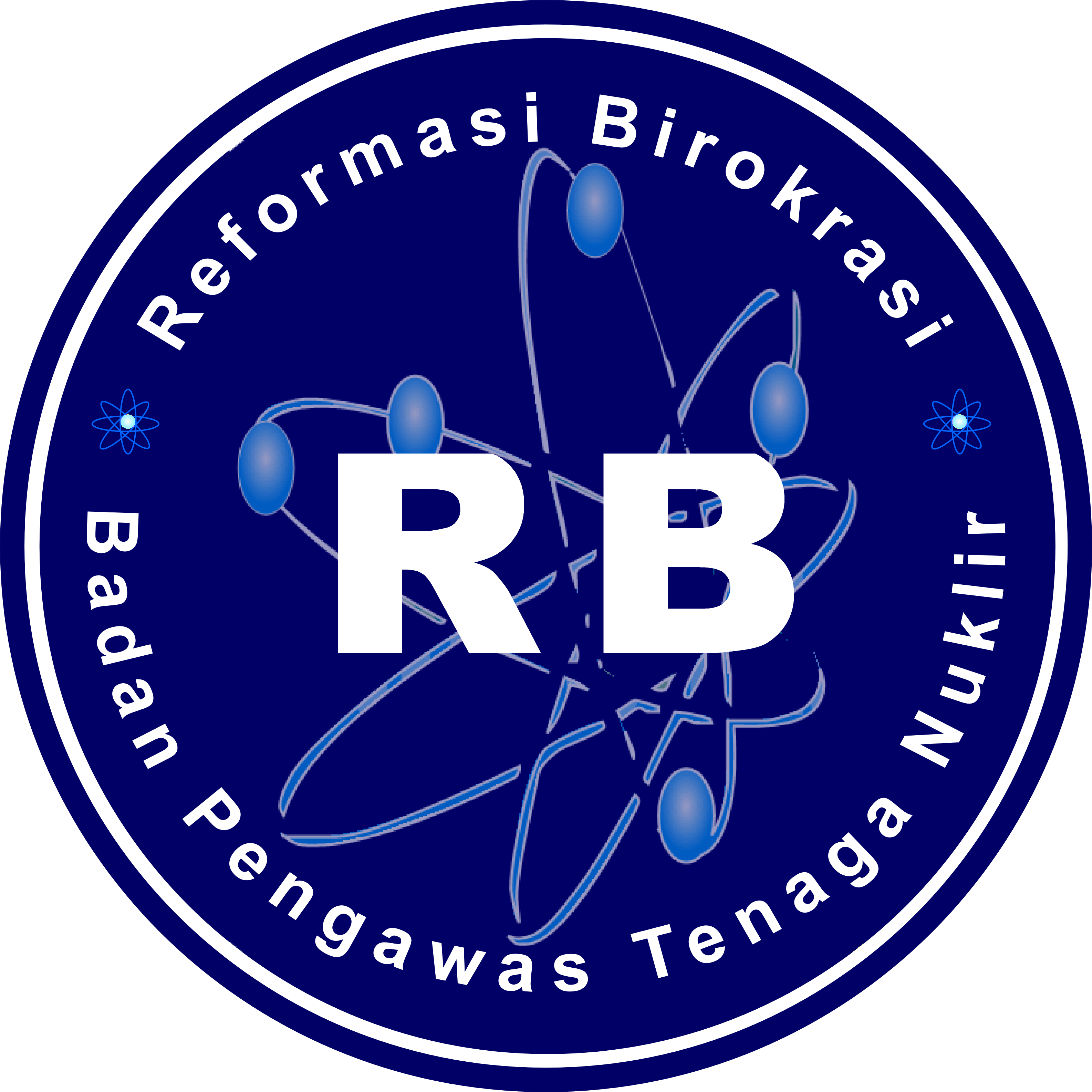Nuclear Security Architecture Closed Coordination Meeting
Kembali 31 Oktober 2022 | Berita BAPETEN | 806 lihatTo fulfil international commitments and domestic laws related to the national security detection monitoring system, especially related to the National Nuclear Security Rules (AKN), BAPETEN held an AKN Closed Coordination Meeting, which was conducted in a hybrid format by inviting several stakeholders on October 31, 2022.
These stakeholders include BRIN, Directorate General of Customs and Excise, BAKAMLA, BIN, KBR Gegana Polri, Ministry of Foreign Affairs, National Development Planning Agency and TNI. While from BAPETEN, Deputy Chairman for Nuclear Safety Assessment Dahlia Cakrawati Sinaga, Deputy Chairman for Licensing and Inspection Zainal Arifin, Head of the Center for Regulatory Assessment of Nuclear Installation And Materials Yudi Pramono and his staff, as well as BAPETEN staff from several related work units, were present.
Yudi Pramono as the host of this activity in his report said that this event was held to improve coordination between institutions to be able to formulate a threat assessment to be summarized in a risk assessment for the unauthorized transfer of radioactive substances by land, sea and air in Indonesia. "This is expected to find out and prevent the smuggling of radioactive substances either entering or leaving Indonesian territory," he said.
The event was opened by Dahlia Cakrawati Sinaga representing Plt. Chairman of BAPETEN who was unable to attend. "Your presence shows a strong commitment to the realization of national nuclear security rules," she said to the meeting participants.
Dahlia revealed that this meeting was held to identify various problems related to the Nuclear Security Detection Architecture related to materials out of regulatory control (MORC).
"These problems include, among others, there is no comprehensive study of MORC which is a reference in determining the national strategy for nuclear security, there is no adequate national regulation as a basis for implementing MORC security, there is no strategy and map of the needs for installing RPM and other tools to detect MORC smuggling, and there is also no form of organizational task arrangement for managing, installing, operating and maintaining RPM. In addition, other issues will be collaborated on with relevant stakeholders," said Dahlia.
Dahlia added that BAPETEN has limitations in handling MORC. "Therefore, coordination and cooperation are needed in terms of handling the misuse of radioactive substances and nuclear materials that can endanger the community and the environment," she added.
This meeting is expected to be a momentum to strengthen coordination between institutions related to MORC detection. "We hope for input from K/L to achieve the nuclear security system that we expect," added Dahlia, ending her remarks.
Meanwhile, Zainal Arifin in his remarks said the meeting was held to improve inter-agency coordination in dealing with nuclear security threats over the unauthorized movement of radioactive substances and nuclear materials through road, sea and air routes in Indonesia.
"Your presence shows a strong commitment from various elements of the government in creating national security and order, especially related to the use of radioactive substances and nuclear materials in the country," he said.
On this occasion, Zainal conveyed the encouraging news that BRIN had succeeded in making and testing domestic RPM products. "This will certainly help us in maintaining the sustainability of our radiation detection equipment. So far, we have relied on foreign products. Apart from being expensive, these foreign products are difficult to maintain, because they require imported spare parts and staff from abroad," said Zainal.
Zainal expects that the domestic product RPM from BRIN needs the support of all parties, by Presidential Regulation No. 60/2019 on Jaktranas Nuclear and Radiation Safety.
"Hopefully this meeting will strengthen coordination and cooperation between all government agencies involved in nuclear security so that there will be a clearer roadmap in increasing detection for national nuclear security," said Zainal, ending his remarks.
The meeting, which lasted until the afternoon, was filled with important and interesting presentations from several BAPETEN and external speakers. The first presentation was related to the Introduction to the Safety of Radioactive and Nuclear Materials Outside the Control of Supervision delivered by Petit Wiringgalih.
Furthermore, there was a presentation on the Report on the Results of Technical Meetings I and II Meeting Preparation delivered by Yudi Pramono. Presentation of the Study on the Threat of Radioactive Materials Trafficking by Lilis Susanti Setianingsih.
The post-lunch break presentation session on the Legal Framework for Nuclear Security Architecture was delivered by Khoirul Huda. Presentation of the Development of the Domestic Product Radiation Monitoring Portal by Kristedjo from BRIN and Presentation of the Nuclear Security Detection Architecture Roadmap by Eko Hadiyono Riyadi. The final presentation on National Priority Budget Planning related to Nuclear Security was delivered by a resource person from Bappenas, Ade Faisal.
As a result of the meeting, it was proposed that a Task Force be established so that it can work effectively and be directly operational in the field. [BHKK/Bams/Da/RA]































Komentar (0)